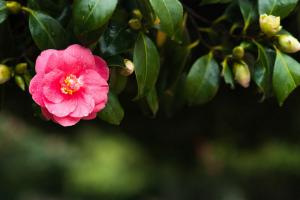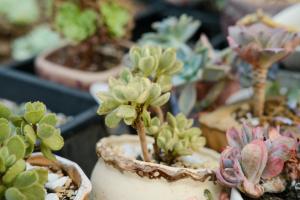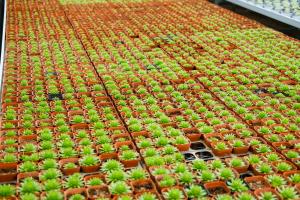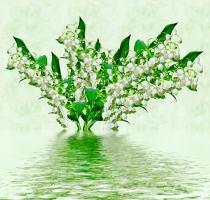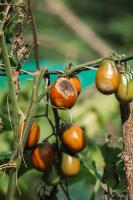Are Cherry Tomato Plants Determinate?
Tomatoes are a popular garden crop for many home gardeners, and cherry tomatoes are a fan favorite due to their small size and sweet flavor. One question that many tomato enthusiasts have is whether cherry tomato plants are determinate or indeterminate. The answer to this question can have a big impact on how you grow and care for your plants.
What is the Difference Between Determinate and Indeterminate Tomato Plants?
Before we dive into whether cherry tomato plants are determinate, let's first define what this term means. Determinate tomato plants are those that have a specific size and time frame for growth. They grow to a certain height and produce all of their fruit within a short period of time. Indeterminate tomato plants, on the other hand, continue to grow and produce fruit throughout the growing season until they are killed by frost.
So, are Cherry Tomato Plants Determinate or Indeterminate?
The answer is that it depends on the variety of cherry tomato. There are determinate and indeterminate varieties of cherry tomato plants available. If you are purchasing plants from a nursery or gardening store, be sure to check the label or ask a staff member for the variety type before purchasing.
Some popular determinate cherry tomato varieties include 'Bush Early Girl', 'Fireworks', and 'Patio'. These plants grow to a height of around three to four feet and produce fruit within a period of about two to three weeks. They are ideal for gardeners with limited space, as they do not require staking or trellising.
Indeterminate cherry tomato varieties include 'Sweet 100', 'Sun Gold', and 'Black Cherry'. These plants continue to grow and produce fruit throughout the growing season, often reaching heights of up to six feet or more. They require staking or trellising to support their taller plants and heavier fruit loads.
How to Care for Cherry Tomato Plants
Regardless of whether your cherry tomato plants are determinate or indeterminate, they require the same basic care. They prefer full sun and well-draining soil, and should be watered deeply once a week. They may require extra watering during hot, dry periods or if planted in containers.
Cherry tomato plants benefit from regular fertilization throughout the growing season. Use a balanced fertilizer, such as a 10-10-10 blend, and follow the application instructions on the package. Pruning and training may be necessary for indeterminate varieties to keep them under control and promote healthy growth.
Troubleshooting Common Tomato Problems
Even with proper care, tomato plants can be susceptible to a variety of pests and diseases. Common tomato problems include blossom end rot, which is caused by a calcium deficiency and can be prevented by regular watering and adequate calcium levels in the soil. Other issues include fungal diseases such as early and late blight, which can be prevented by regular fungicide applications and proper plant spacing to promote air circulation.
Be sure to monitor your cherry tomato plants regularly for signs of pests or diseases, and take action quickly if you notice any issues. Proper care and attention can result in a bountiful harvest of delicious cherry tomatoes all season long.
In Conclusion
Cherry tomato plants can be either determinate or indeterminate, depending on the variety. Determinate varieties are ideal for gardeners with limited space, while indeterminate varieties require staking or trellising to support their growth. Regardless of the variety you choose, proper care and attention are key to growing healthy and productive cherry tomato plants.

 how many times do yo...
how many times do yo... how many planted tre...
how many planted tre... how many pine trees ...
how many pine trees ... how many pecan trees...
how many pecan trees... how many plants comp...
how many plants comp... how many plants can ...
how many plants can ... how many plants and ...
how many plants and ... how many pepper plan...
how many pepper plan...